Review of the Day: I Kill the Mockingbird by Paul Acampora
 I Kill the Mockingbird
I Kill the Mockingbird
By Paul Acampora
Roaring Brook Press (an imprint of Macmillan)
$16.99
ISBN: 978-1-59643-742-5
Ages 10 and up
On shelves May 20th
It’s probably fair to say that there is no American classic written with an adult audience in mind that is quite as beloved of children’s book authors as To Kill a Mockingbird. Just off the top of my head I can think of a fair number of middle grade books that directly reference it. Books like, Mockingbird, Also Known As Harper, Sure Signs of Crazy, and A Summer of Sundays, just to name a few. Taking it as a given that the book is a “classic” in the traditional sense, Paul Acampora works with a very tricky premise with fun but occasionally mixed results. I’ve not read many children’s books that have successfully tapped into viral marketing as a theme. Paul dares to go where few have gone before, and the result is a story that takes risks. I can pretty much guarantee that even if you’ve read every other Harper Lee-related middle grade children’s book out there, you ain’t never seen nothing like what Acampora has in store for you here.
Fat Bob was dead. To begin with. He died in the lunch line next to Lucy, telling her to be brave. As one of the school’s more beloved teachers, Lucy chews over his death, even as the summer arrives and she gets to spend more time with her best friends Michael and Elena. The next year they’ll be going to high school and the summer reading list they’ve just been assigned is the usual fare. The Giver. Ender’s Game. And, of course, Lucy’s favorite book of all time, To Kill a Mockingbird. That’s when it hits her. What if Lucy, Elena and Michael were able to begin a movement that would end with every literate kid and adult reading that book? But how do you increase demand when supply is so plentiful? Thus begins the ultra-secret “I Kill the Mockingbird” campaign. Together, these three kids begin something that makes the book not only desirable but irresistible. But will they be able to reign in their work when the time comes, or will this viral cause slip out of their control?
ADVERTISEMENT
ADVERTISEMENT
One friend of mine picked up the book and wondered if it was just yet another great big To Kill a Mockingbird lovefest. I told her that it was as much a surprise to me as anyone else the fact that Acampora was willing to offer some criticisms of the text. Michael, for example, isn’t afraid to say that the book is about “a little white tomboy who worships her father in a town filled with whacky racist Christians and lynch-mob farmers. It’s a comedy about old-timey southern people who treat each other badly.” And I loved the fact that Elena’s uncle later points out that “real mockingbirds are territorial and aggressive” and that as a result the title may be a joke. After a discussion of innocence vs. ignorance, it makes a pretty good case for why the book should actually have been called “HOW to Kill a Mockingbird.” Even in the midst of these thoughts, Acampora makes a strong case for the book’s merits, but it’s nice to hear an opposing viewpoint once in a while. So many I-love-To-Kill-a-Mockingbird books fail to even acknowledge that there might be another point of view on all this.
If Acampora has a secret strength it may lie in his dialogue. Folks looking for novels to adapt into stage plays would do very well with this book. The lines come fast and loose between the characters. They manage to have this incredibly believable easygoing rapport that many an author would envy. For example, at one point Elena attempts to persuade Michael to do something by saying, “You’d do it for Newman Noggs.” Newman Noggs, we are told, is Michael’s favorite character in Nicholas Nickleby. It’s a pretty fabulous line. Other random lines present themselves just as well:
“Honey . . . the Virgin Mary’s head should not look like a portobello mushroom.”
“There was also a matching ruffled shirt and a bow tie that looked like I stole it off Ronald McDonald.”
“I don’t think Ronald McDonald wears a bow tie.”
“Now you know why.”
“Another definition of wanting is to be missing something. . . When you want something . . . it’s like admitting that your life has a hole in it.”
Not that his descriptions aren’t fairly keen to boot. For example, when Lucy is physically describing herself and her friend Elena she writes, “ . . . she still looks like a little doll that Santa Claus would leave beneath a Christmas tree. I resemble one of those gawky stuffed giraffes that nobody ever wins at the carnival…” That’s good stuff.
Someone once pointed out to me that when it comes to images of families regularly attending church on television, your best bet is probably The Simpsons. And when it comes to middle grade novels with casually religious kids and families, it must be significant that I see almost none. Either the religion is the whole point of the book (or a significant chunk) or it’s just not there. Admittedly religious publishers like Zonderkidz will sometimes do a contemporary MG novel with religion not necessarily on the forefront, but even in those cases it’s not as casual as it might be. With I Kill the Mockingbird religion is a part of life but the author never caves to didacticism at any point. He’s also funny about it. A conversation between the characters dressed up like Mary and Joseph contains the lines “Joe, you couldn’t do a little better with the accommodations?” “You fell for the first angel that came along … This is what you get.” … “He looked like Johnny Depp, and he promised he’d show me heaven.” On the more serious side, later Lucy’s dad remarks, “Life is a gift. Going to church is like sending a thank-you card.” This conversation occurs in the midst of Lucy’s query about why her mother got cancer. Acampora handles it with aplomb too. He walks a fine line and produces a fine book as a result.
Of course, the book did have a very difficult concept to get across to the readers. For me, the trickiest part of the story was figuring out why it took place at all. What we have here is a book about an everyday revolution that has grown up in response to a mediocre problem. There’s no particular reason for the I Kill the Mockingbird campaign to take off in the first place. No bully has informed Lucy that they hate the book. There isn’t an entity in town that is actually actively attempting to ban it. Aside from the fact that the kids are responding to the death of a beloved teacher there’s not a huge impetus for the amount of work they’re poring into this project. Then there’s the rather optimistic view of viral sensations. The idea that such internet phenomena can be reigned in in any way is to fail to acknowledge their dark side. I will say that I was very much relieved when a plan to stage a fake book burning was cancelled. I wasn’t sure if the premise, nice as it was, could stand up to that level of symbolism. You can understand what the kids are going for, but the ultimate outcome is unclear.
ADVERTISEMENT
ADVERTISEMENT
There’s also the huge elephant in the room. The internet. The book relies on the existence of the internet. For any of this to work, the internet has to take the I Kill the Mockingbird campaign and make it famous nationwide. By the same token, if the whole idea is to make physical copies of To Kill a Mockingbird difficult to find in stores and libraries, what’s to stop people from just ordering it off of the internet? Admittedly, I am a children’s librarian and I have seen firsthand the sheer number of people who would rather not order a book online when it comes to summer reading. That said, if someone couldn’t find that book in a store, what would stop them from instantly ordering it off of Amazon without another thought? I think there could be a good workaround for this problem, but it wasn’t really seriously addressed in the book.
I cannot help but love the fact that our lead characters decide not to “hit” independent bookstores because they’re “just too smart for us.” Maybe it’s pandering, but it’s cute pandering so we’ll let it go. Then there’s the advice given on libraries weeding their collections. I can think of a LOT of specialists who are going to get a kick out of Elena’s definition of why people weed books. She compares one unloved book to “Having a rose bush in a vegetable garden. Do you know what that’s called? . . . A weed. It’s pretty to look at, but it won’t help you make a salad.” Put THAT on a t-shirt, stat.
Basically, the book is a pleasure to read. Adult readers (and a couple young ones) will ultimately have to suspend their disbelief in some areas if they are to believe in the I Kill the Mockingbird’s success rate. It’s an enticing premise and a fun book to read. Interestingly, I think it’ll appeal both to those kids who love the book and those who really don’t enjoy it (no small feat). And certainly, this is unlike anything else I’ve read in a very long time. In the end, I may have a qualm here or there, but I’m a fan and I think kids will like it as well. Straight up middle school fare. Get it where you can.
On shelves May 20th.
Source: Galley sent from author for review. And, if we’re going to be perfectly open and honest here, I’m thanked in the Acknowledgments. Which was a cool surprise, I admit it.
First Line: “My mother’s wheelchair does not fit through the bathroom door, and I don’t know what to do about it.”
Like This? Then Try:
- Americus by M.K. Reed
- The Revealers by Doug Wilhelm
- Sure Signs of Crazy by Karen Harrington
Other Blog Reviews:
Filed under: Reviews, Reviews 2014
About Betsy Bird
Betsy Bird is currently the Collection Development Manager of the Evanston Public Library system and a former Materials Specialist for New York Public Library. She has served on Newbery, written for Horn Book, and has done other lovely little things that she'd love to tell you about but that she's sure you'd find more interesting to hear of in person. Her opinions are her own and do not reflect those of EPL, SLJ, or any of the other acronyms you might be able to name. Follow her on Twitter: @fuseeight.
ADVERTISEMENT
ADVERTISEMENT
SLJ Blog Network
2024 Books from Pura Belpré Winners
Winnie-The-Pooh | Review
Parsing Religion in Public Schools
Finding My Own Team Canteen, a cover reveal and guest post by Amalie Jahn
ADVERTISEMENT



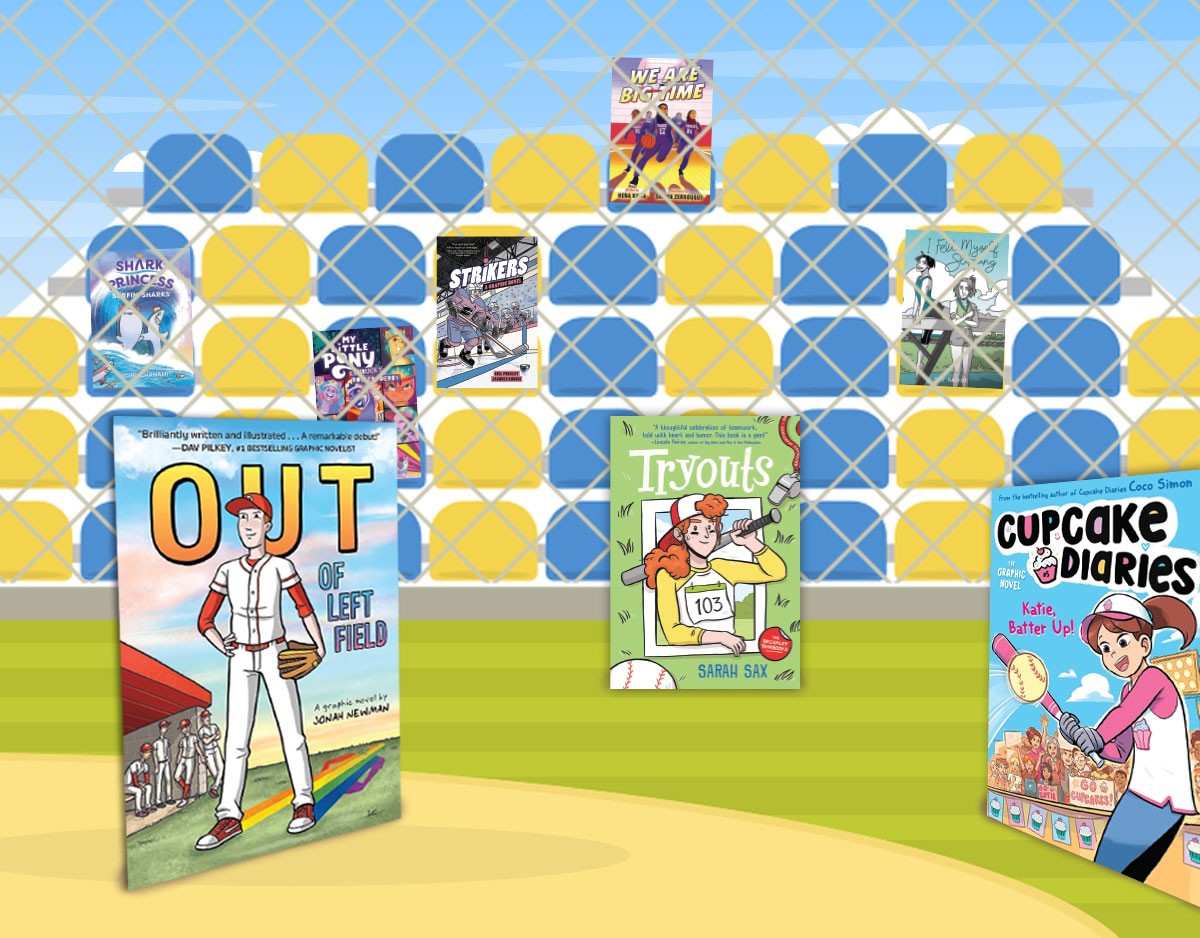
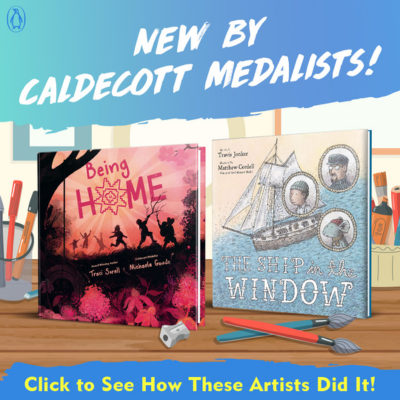
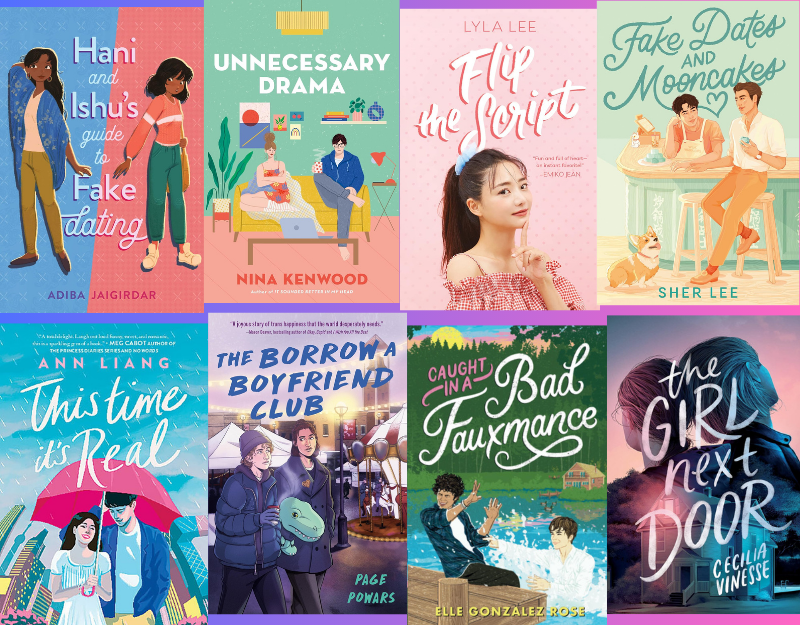
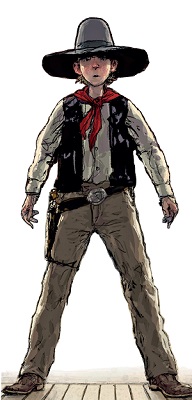
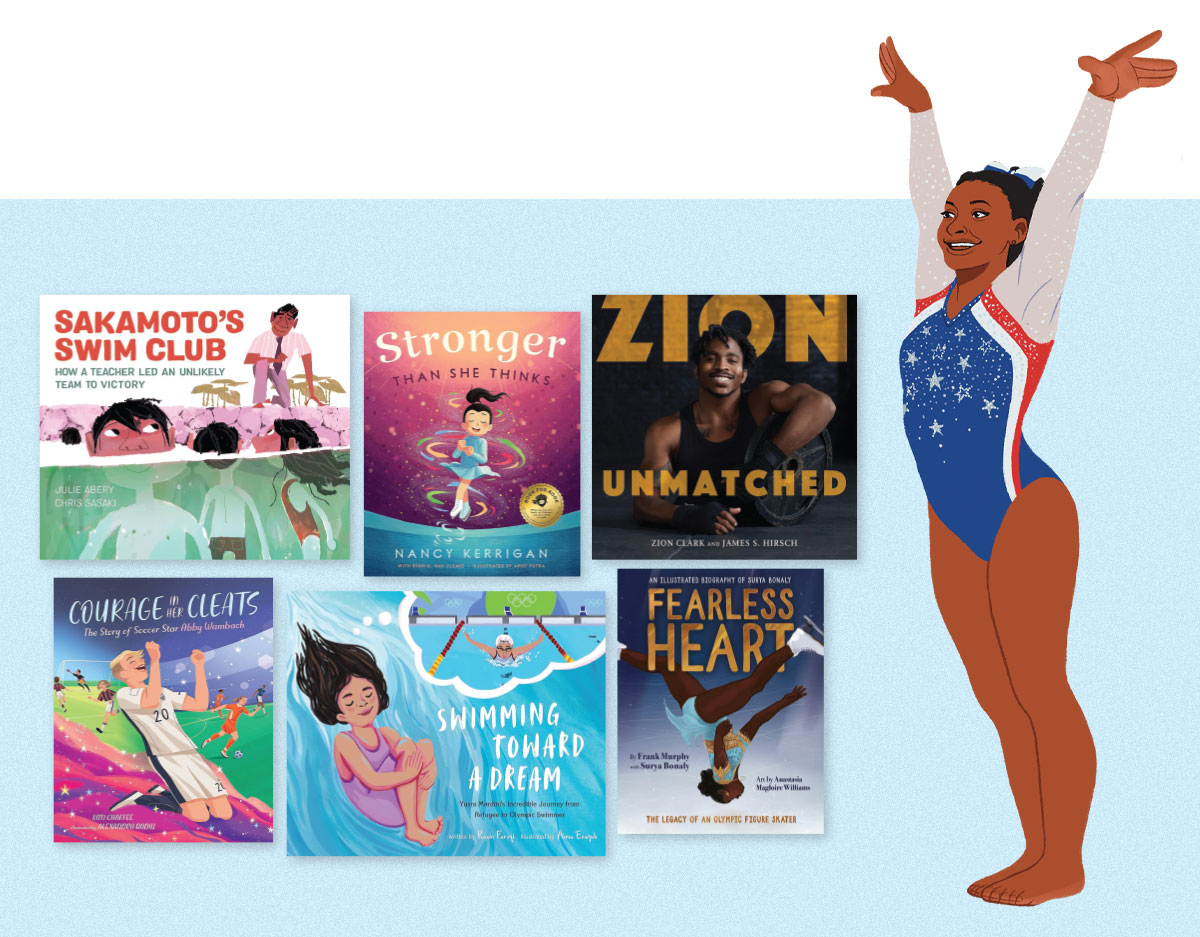
I love the weeding line.